Just imagine a heating system that taps into the constant and renewable energy source right beneath your feet. Geothermal heat pumps do just that, offering an energy-efficient and environmentally friendly solution for heating your home. In this blog post, we will explore how geothermal heat pumps work, their benefits, and whether they could be the revolutionary heating solution your home needs.
Understanding Geothermal Heat Pumps
Basic principles of geothermal energy
For those new to the concept, geothermal energy is derived from the heat stored beneath the Earth’s surface. This heat is a result of the Earth’s core, which can reach temperatures of up to 9,000 degrees Fahrenheit. Geothermal heat pumps utilize this heat to provide a sustainable and efficient heating solution for homes.
Components and functionality of a geothermal heat pump
Geothermal heat pumps consist of three main components: the heat pump unit, the ground heat exchanger, and the air delivery system. The heat pump unit works to transfer heat between the ground and the air delivery system, while the ground heat exchanger acts as the medium through which the heat is exchanged with the Earth. The air delivery system then distributes the heated or cooled air throughout the home.
It is necessary to note that geothermal heat pumps may also have additional components, such as a desuperheater, which helps to provide domestic hot water by utilizing excess heat generated during the cooling cycle. Overall, these components work together seamlessly to provide an eco-friendly and cost-effective heating solution for homeowners.
Advantages of Geothermal Heat Pumps
Energy efficiency and cost savings
One of the primary advantages of geothermal heat pumps is their high energy efficiency, which can lead to significant cost savings for homeowners. These systems utilize the constant temperature of the earth to efficiently heat and cool your home, reducing the energy consumption required to maintain a comfortable indoor temperature. While the initial installation cost may be higher than traditional heating systems, the long-term savings on energy bills make geothermal heat pumps a cost-effective choice in the long run.
Environmental benefits and sustainability
Geothermal heat pumps are a sustainable heating and cooling solution that have minimal environmental impact compared to conventional HVAC systems. By harnessing the renewable energy stored in the earth’s crust, geothermal systems reduce greenhouse gas emissions and reliance on fossil fuels. Additionally, these systems have a long lifespan and require less maintenance, further contributing to their environmental sustainability.
Advantages of geothermal heat pumps extend beyond energy efficiency and environmental benefits to include reliable performance, quiet operation, and the ability to enhance the value of your home. By investing in a geothermal heat pump system, homeowners can enjoy a comfortable indoor environment while reducing their carbon footprint and saving on energy costs in the long term.
Installation and Maintenance
Assessing the feasibility for your home
Keep in mind that installing a geothermal heat pump system requires suitable land availability for loops to be buried. Your property should have enough space for the ground loop installation, whether it’s horizontal or vertical. A professional assessment will determine the feasibility based on factors such as soil type, landscape, and local regulations.
Long-term maintenance and operational considerations
Installation of a geothermal heat pump system involves upfront costs, but it offers long-term benefits like lower energy bills and minimal maintenance. These systems typically have fewer mechanical components than traditional heating systems, reducing the chances of breakdowns. Regular maintenance, including checking the loop system, air filters, and heat pump components, is important to ensure optimal performance and longevity.
Considerations such as annual inspections by a certified technician, replacing air filters regularly, and monitoring system efficiency can help maintain the system’s operational efficiency and extend its lifespan. It’s important to follow manufacturer guidelines and schedule professional maintenance to keep your geothermal heat pump running smoothly.
Overcoming Challenges
Initial investment and installation hurdles
Investment in a geothermal heat pump system can often be higher upfront compared to traditional heating systems. However, the long-term savings on energy bills and the potential for government incentives can offset this initial expense. Additionally, installation can be complex, requiring digging for the ground loop system or the retrofitting of existing ductwork. Consulting a professional in geothermal HVAC installation is crucial to ensuring a smooth process.
Addressing common misconceptions and concerns
Initial concerns about the efficiency of geothermal systems are common, but modern technology has significantly improved their performance. One of the main misconceptions is that geothermal heat pumps only work in certain climates, when in reality they can be effective in a wide range of environments. Additionally, some homeowners worry about the maintenance of the system, but with proper care, geothermal heat pumps are known for their longevity and reliability.
The Future of Home Heating
Innovations in Geothermal Technology
For decades, geothermal heat pumps have been a reliable and sustainable solution for heating and cooling homes. Recent innovations in geothermal technology have made these systems even more efficient and cost-effective. Advances in drilling techniques, heat exchanger materials, and smart controls have improved the performance and longevity of geothermal heat pumps.
Comparative Analysis with Other Renewable Heating Solutions
Geothermal heat pumps offer several advantages over other renewable heating solutions such as solar panels and air-source heat pumps. While solar panels require sunlight to generate electricity for heating, geothermal heat pumps can operate 24/7 regardless of the weather. Air-source heat pumps may struggle in extreme temperatures, but geothermal systems are unaffected by external conditions, providing consistent heating performance.
Geothermal Heat Pumps
| Advantages | Disadvantages |
| High efficiency | Initial installation cost |
| Low operating costs | Space requirements |
Solar Panels
| Advantages | Disadvantages |
| Renewable energy source | Dependent on sunlight |
| Low maintenance | High upfront costs |
Air-Source Heat Pumps
| Advantages | Disadvantages |
| Easy installation | Efficiency decreases in extreme temperatures |
| Can provide both heating and cooling | Noisy operation |
Summing up
Conclusively, geothermal heat pumps have the potential to revolutionize home heating by offering a highly efficient, sustainable, and cost-effective alternative to traditional heating systems. By harnessing the Earth’s natural heat, these systems not only provide consistent warmth during colder months but also offer cooling during warmer seasons. With the added benefit of reducing carbon emissions and lowering energy costs over time, geothermal heat pumps prove to be a smart investment for homeowners looking to improve their comfort while being environmentally conscious.
Related Posts
 Understanding The Cost Savings Of Heat Pumps – A Closer Look
Understanding The Cost Savings Of Heat Pumps – A Closer Look
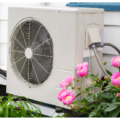 Are Piezoelectric Heat Pumps A Viable Alternative For Heating?
Are Piezoelectric Heat Pumps A Viable Alternative For Heating?
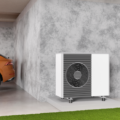 Is Magnetic Heat Pump Technology Worth Investing In?
Is Magnetic Heat Pump Technology Worth Investing In?
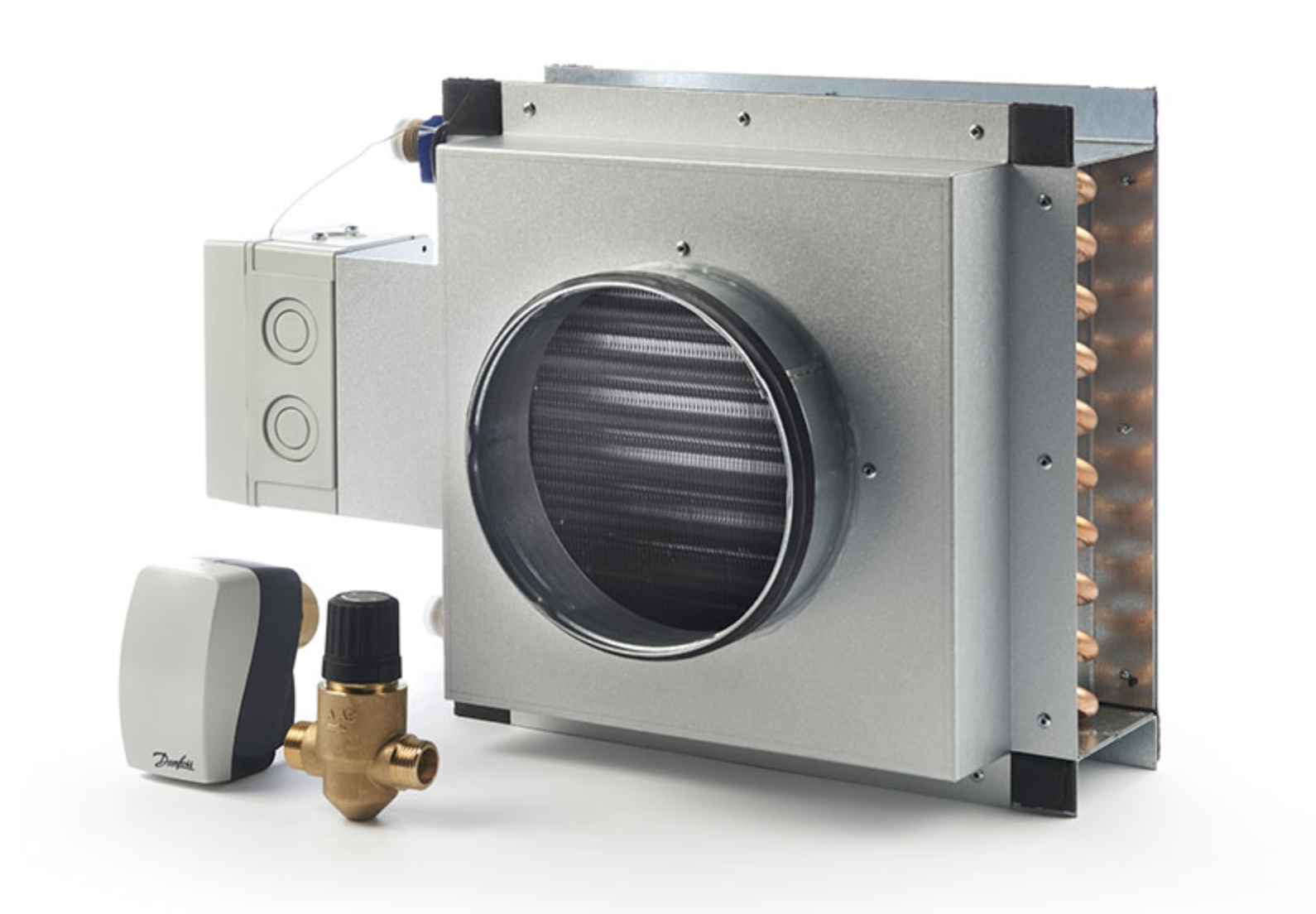 Nilan: The Comprehensive Guide to Nilan Heating Systems
Nilan: The Comprehensive Guide to Nilan Heating Systems
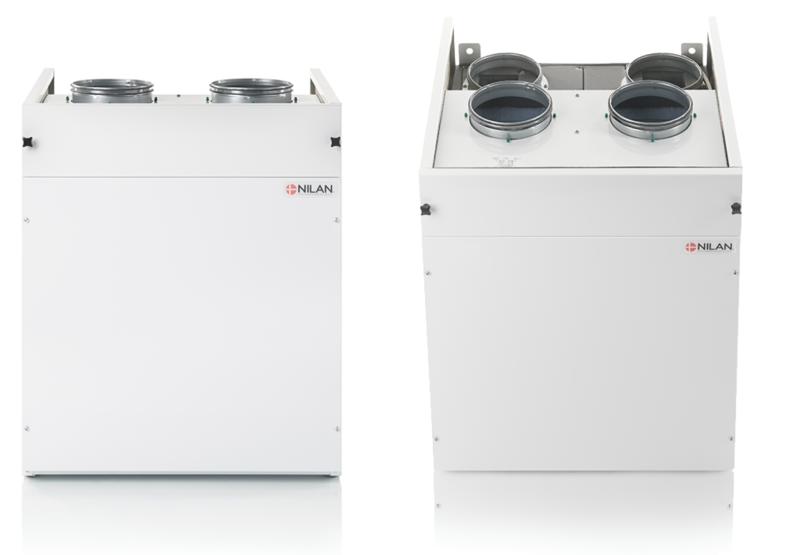 Stay Warm and Save Money with the Nilan VPL 15 Top M2 Heater
Stay Warm and Save Money with the Nilan VPL 15 Top M2 Heater
 The Comfort CT300 / Polar
The Comfort CT300 / Polar
 Unlocking Energy Savings: Your Guide to Government Incentives and Tax Credits for Renewable Heating
Unlocking Energy Savings: Your Guide to Government Incentives and Tax Credits for Renewable Heating
 Breathe Easy with Nilan: Your Expert Guide to South East MVHR Systems
Breathe Easy with Nilan: Your Expert Guide to South East MVHR Systems
 The Complete Guide To Properly Maintaining Your MVHR System
The Complete Guide To Properly Maintaining Your MVHR System
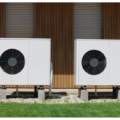 Have You Considered Using Thermotransport Heat Pumps In Your Home?
Have You Considered Using Thermotransport Heat Pumps In Your Home?

